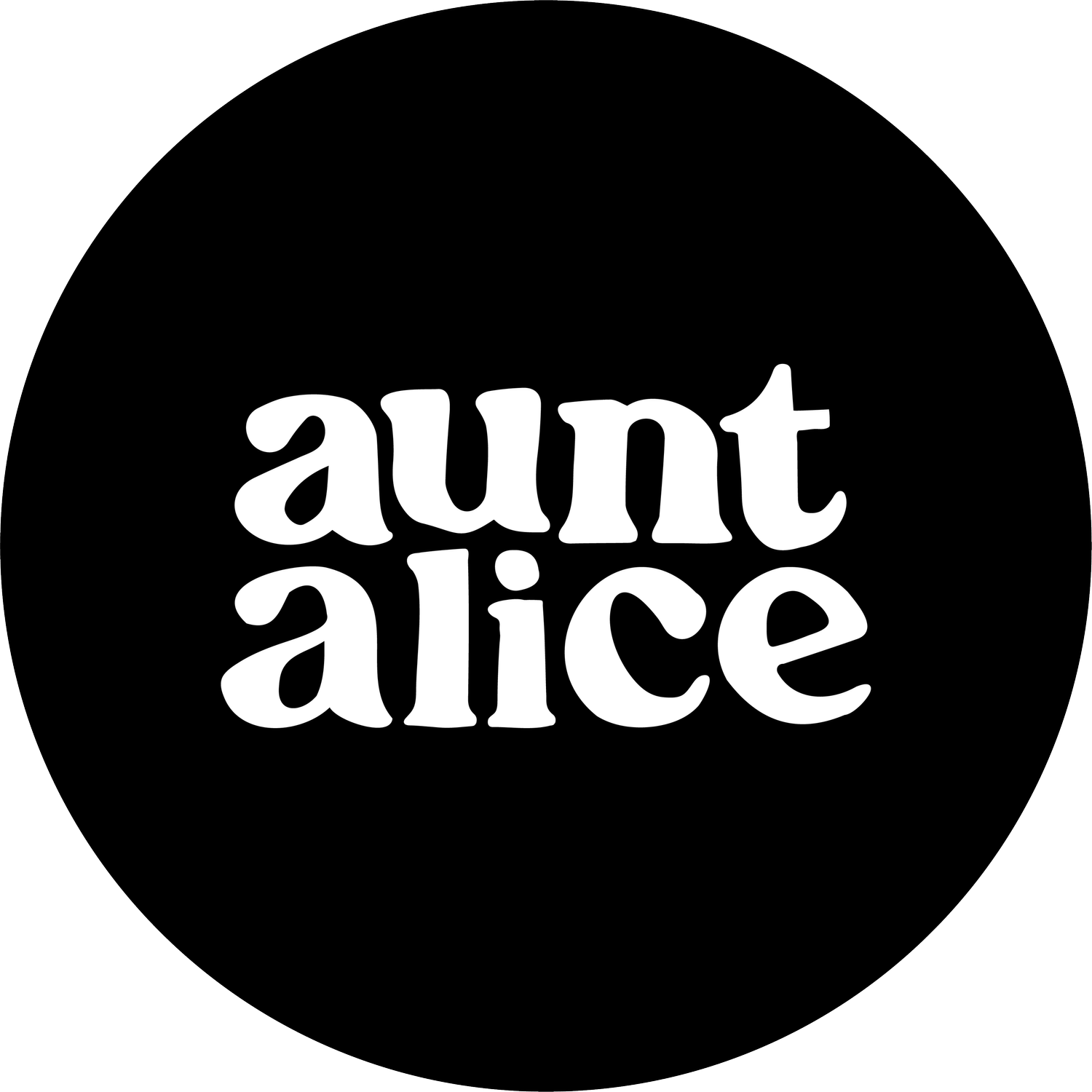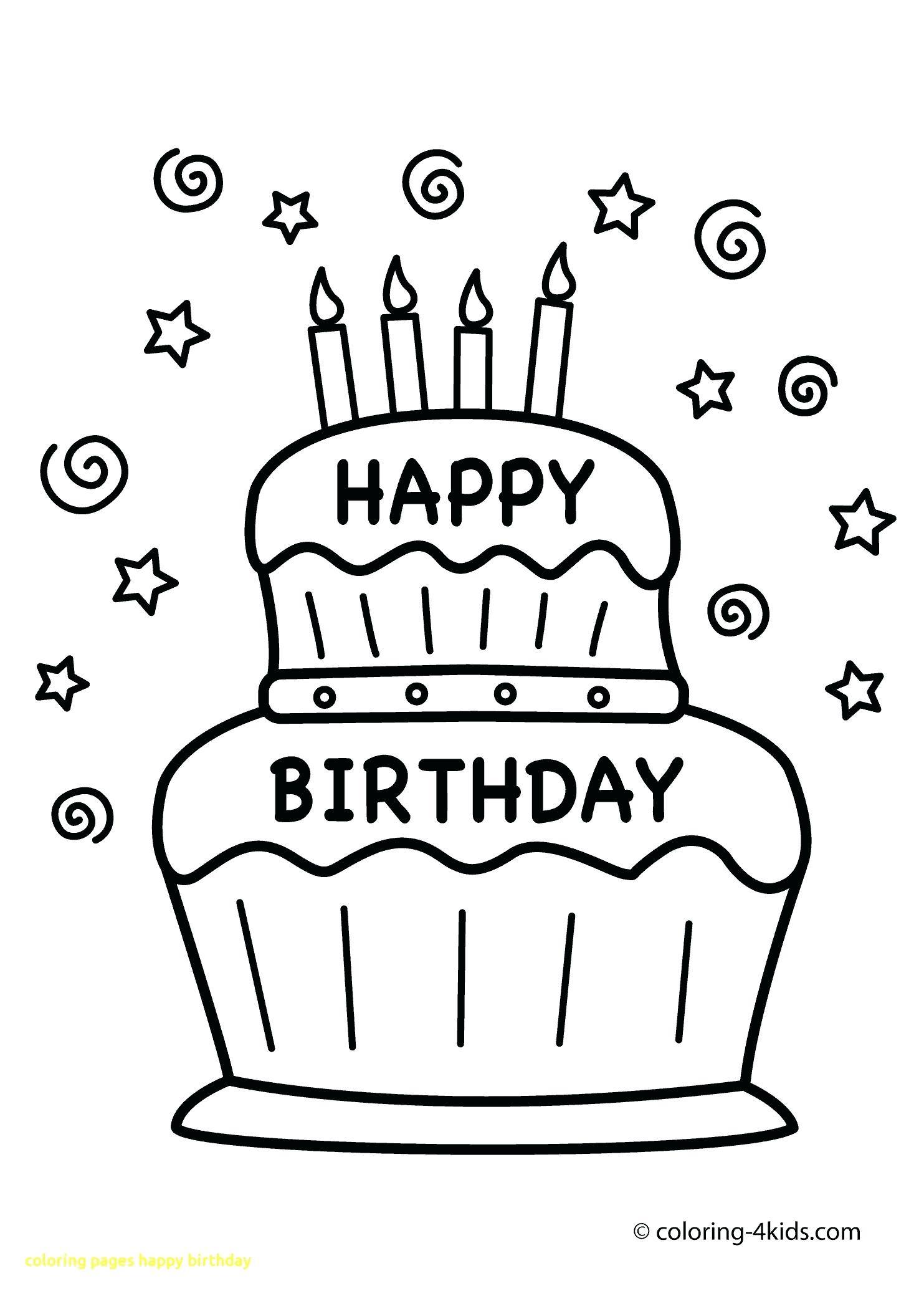Losing an aunt is like losing a piece of your family puzzle, and it leaves a hole that can never truly be filled. Whether she was your confidante, mentor, or just someone who always knew how to make you smile, her absence can feel overwhelming. This journey through grief isn’t easy, but it’s one that many of us will face at some point in our lives. So, how do we navigate this complex emotion? Let’s dive in and explore the ins and outs of what it really means to experience the loss of an aunt.
When someone as close as an aunt passes away, it’s not just about losing a family member—it’s about losing a part of your support system. Aunts often play a unique role in families, bridging the gap between generations and offering wisdom, love, and comfort. Their absence can create a void that feels impossible to fill, and the grieving process can be both painful and transformative.
In this article, we’ll unpack the emotional weight of losing an aunt, discuss strategies for coping with grief, and provide practical advice for healing. Whether you’ve recently experienced this kind of loss or are preparing for it, you’re not alone. Let’s walk through this together.
- Discover The Best Light Parks Near You Ndash Your Ultimate Guide To Parques De Luces Cerca De Mi
- Viral Bread Dip The Hottest Trend In Snack Culture You Need To Try
Table of Contents
- Understanding the Loss of an Aunt
- The Emotional Impact of Losing an Aunt
- Biography of an Aunt: Her Role in the Family
- Navigating the Grieving Process
- Effective Coping Strategies
- Building a Support System
- Honoring Your Aunt’s Memory
- Taking Care of Your Mental Health
- The Journey to Healing
- Conclusion: Moving Forward with Love
Understanding the Loss of an Aunt
Losing an aunt is more than just losing a family member; it’s losing a connection to your past, present, and future. Aunts often serve as pillars of strength within families, offering guidance and unconditional love. They might be the ones who share stories about your childhood, remind you of family traditions, or simply offer a listening ear when you need it most.
This type of loss can feel particularly heavy because aunts often occupy a unique space in our lives. They’re not parents, but they’re older and wiser. They’re not siblings, but they’re close enough to understand what you’re going through. Their absence can leave a void that’s hard to describe, and the grieving process can vary depending on the relationship you had with them.
So, how do we make sense of this loss? Let’s break it down:
- Diy Hat Bar Your Ultimate Guide To Crafting Your Own Fashionable Hats
- David Bromstad Relationship The Inside Scoop On His Love Life And More
- Emotional Connection: Aunts often share a deep emotional bond with their nieces and nephews, which makes their loss feel even more profound.
- Family Dynamics: The role of an aunt in the family can vary, but they’re often seen as mediators, advisors, or even second mothers.
- Generational Link: Losing an aunt can feel like losing a link to the older generation, especially if she was someone who kept family traditions alive.
Why the Loss of an Aunt Feels Different
Compared to losing a parent or sibling, the loss of an aunt might seem less significant to some. But don’t let anyone minimize your grief. The bond you shared with your aunt is unique, and her absence will leave a mark on your life that only you can truly understand. It’s important to acknowledge this and give yourself permission to grieve in your own way.
The Emotional Impact of Losing an Aunt
Grief is a complex emotion, and losing an aunt can bring about a range of feelings. From sadness and anger to guilt and confusion, the emotional impact of this loss can be overwhelming. But remember, it’s okay to feel all of these things. Here’s a closer look at what you might experience:
Sadness: This is the most obvious emotion, and it’s completely normal to feel overwhelming sadness after losing someone you love. Allow yourself to cry, talk about your feelings, or even write them down.
Anger: Sometimes, anger can creep in when we lose someone close to us. You might feel angry at the situation, at yourself, or even at the person who passed away. It’s important to acknowledge this anger and find healthy ways to express it.
Guilt: Many people experience guilt after the loss of a loved one, wondering if they could have done more or spent more time with them. While it’s natural to feel this way, try to remind yourself that you did the best you could with the time you had.
How Grief Manifests
Grief doesn’t always look the same for everyone. Some people might withdraw and become quiet, while others might seek out social connections to help them cope. It’s important to recognize how grief manifests in your life and give yourself the space to process it in your own way.
Biography of an Aunt: Her Role in the Family
Before we dive deeper into coping strategies, let’s take a moment to reflect on the role your aunt played in your life. Understanding her impact can help you appreciate the legacy she leaves behind. Here’s a brief look at what aunts typically contribute to families:
Table: Common Roles of an Aunt in the Family
| Role | Description |
|---|---|
| Confidante | A listening ear for personal issues and challenges. |
| Mentor | Offering guidance and advice on life decisions. |
| Mediator | Helping resolve conflicts within the family. |
| Tradition Keeper | Preserving family customs and stories for future generations. |
Personalizing Your Aunt’s Legacy
Think about the specific ways your aunt influenced your life. Did she teach you something valuable? Was she someone you turned to in times of need? Reflecting on these memories can help you honor her memory in meaningful ways.
Navigating the Grieving Process
Grieving is a personal journey, and there’s no right or wrong way to do it. However, understanding the stages of grief can provide some structure as you work through your emotions. Here’s a breakdown of what you might experience:
- Denial: At first, you might find it hard to believe that your aunt is gone. This is a natural defense mechanism that helps protect you from the full impact of the loss.
- Anger: As mentioned earlier, anger can surface during the grieving process. It’s important to acknowledge this emotion and find healthy ways to express it.
- Bargaining: You might find yourself thinking, “If only I had done something differently, maybe this wouldn’t have happened.” This stage is about trying to regain control over the situation.
- Depression: This is when the reality of the loss truly sets in, and you might feel overwhelming sadness or hopelessness.
- Acceptance: Eventually, you’ll reach a point where you accept the loss and begin to move forward, though the pain may still be present.
Breaking Down the Stages
It’s important to note that these stages don’t always happen in a linear fashion. You might move back and forth between them, and that’s completely normal. The key is to be patient with yourself and allow yourself to feel whatever comes up.
Effective Coping Strategies
Now that we’ve explored the grieving process, let’s talk about how you can cope with the loss of your aunt. Here are some strategies that might help:
- Talk About It: Sharing your feelings with friends or family members can be incredibly healing. You don’t have to go through this alone.
- Write It Down: Journaling can be a powerful tool for processing emotions. Write about your memories of your aunt, how you’re feeling, or anything else that comes to mind.
- Seek Professional Help: If you’re struggling to cope, consider reaching out to a therapist or counselor who specializes in grief.
- Engage in Activities: Doing things that bring you joy or comfort can help distract you from the pain, even if just for a little while.
Creating a Routine
Establishing a daily routine can provide some stability during a time of chaos. Whether it’s exercising, meditating, or simply spending time with loved ones, having a structure can help you manage your emotions more effectively.
Building a Support System
You don’t have to go through this journey alone. Building a support system of friends, family, and even professionals can make a huge difference. Here’s how you can create one:
- Lean on Family: Your family members are likely going through their own grieving process, but they can also be a source of comfort and support.
- Connect with Friends: Don’t hesitate to reach out to friends who can offer a listening ear or a shoulder to cry on.
- Join a Support Group: There are many grief support groups, both in-person and online, where you can connect with others who understand what you’re going through.
Why Support Matters
Grieving is a deeply personal experience, but it’s also a communal one. Surrounding yourself with people who care about you can help lighten the load and remind you that you’re not alone.
Honoring Your Aunt’s Memory
One of the most meaningful ways to cope with the loss of an aunt is by honoring her memory. Here are some ideas for how you can do that:
- Create a Memory Box: Collect photos, letters, and other mementos that remind you of your aunt and keep them in a special place.
- Plant a Tree: Planting a tree in her memory can be a beautiful way to symbolize growth and life.
- Start a Tradition: If your aunt was known for a particular tradition, consider continuing it in her honor.
Making It Personal
The key to honoring your aunt’s memory is making it personal. Think about the things that made her unique and find ways to celebrate those aspects of her life.
Taking Care of Your Mental Health
Grieving can take a toll on your mental health, so it’s important to prioritize self-care during this time. Here are some tips for maintaining your well-being:
- Get Enough Sleep: Grief can disrupt your sleep patterns, so try to establish a bedtime routine that helps you relax.
- Eat Nutritious Foods: Eating well can provide your body with the energy it needs to cope with stress.
- Exercise Regularly: Physical activity can help reduce stress and improve your mood.
When to Seek Help
If you’re struggling to cope with your grief, don’t hesitate to seek professional help. A therapist or counselor can provide guidance and support as you navigate this difficult time.
The Journey to Healing
Healing from the loss of an aunt is a journey, not a destination. It’s about finding ways to move forward while still honoring the person you’ve lost. Here’s how you can approach this journey:
- Set Small Goals: Focus on small, achievable goals to help you regain a sense of control over your life.
- Practice Gratitude: Taking time to appreciate the positive aspects of your life can help shift your focus away from grief.
- Be Patient: Healing takes time, and it’s okay to move at your own pace.
Embracing the Process
Remember,
- Taylor Lautner Religion A Deep Dive Into Faith Life And Beliefs
- Daniel Fast Approved Crackers The Ultimate Guide To Staying On Track


